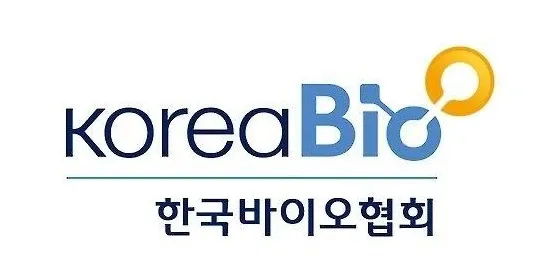Should the US Exempt South Korea from Proposed Pharmaceutical Tariffs?

Synopsis
Key Takeaways
- KBIO's request for tariff exemption highlights South Korea's role in the US pharmaceutical supply chain.
- Collaboration with allies is essential for stabilizing the pharmaceutical supply chain.
- Pharmaceutical products are critical for national security and patient protection.
- South Korea contributes significantly through new drug development and contract manufacturing.
- The US is investigating the national security implications of pharmaceutical imports.
Seoul, May 7 (NationPress) The Korea Biotechnology Industry Organization (KBIO) has formally requested the United States to exempt South Korea from the proposed pharmaceutical import tariffs by the Trump administration. This request was submitted to the US Department of Commerce on Tuesday (US time) as part of an ongoing investigation under Section 232 of the Trade Expansion Act, which is examining the national security implications tied to pharmaceutical imports, as reported by the Yonhap news agency.
The investigation, which commenced on April 1, aims to gather public feedback from various stakeholders. President Trump has indicated that he will reveal tariff measures on pharmaceuticals soon.
KBIO highlighted South Korea's role as a dependable partner in the US pharmaceutical supply chain, emphasizing its contribution to making expensive prescription medications more accessible.
Referring to the recommendations made by the US National Security Commission on Emerging Biotechnology last month, the South Korean bio trade group pointed out the commission's emphasis on collaboration with allied nations to stabilize the pharmaceutical supply chain.
KBIO asserted that South Korea is already a significant contributor to the US drug ecosystem through its involvement in new drug development and contract manufacturing.
"Pharmaceutical products are vital to national security and patient safety, and the global supply chains are deeply interconnected," the association stated. "If trade actions are deemed necessary, we urge that South Korea, a key ally and trusted partner, be excluded from such measures."
In addition, the South Korean government has requested that the US give "special consideration" to its semiconductor exports, as the Trump administration is considering tariffs on imported chips, according to the Ministry of Trade, Industry and Energy, as reported by Yonhap.
The government of South Korea has submitted a written opinion regarding the US national security investigation into semiconductor imports under the Trade Expansion Act.









